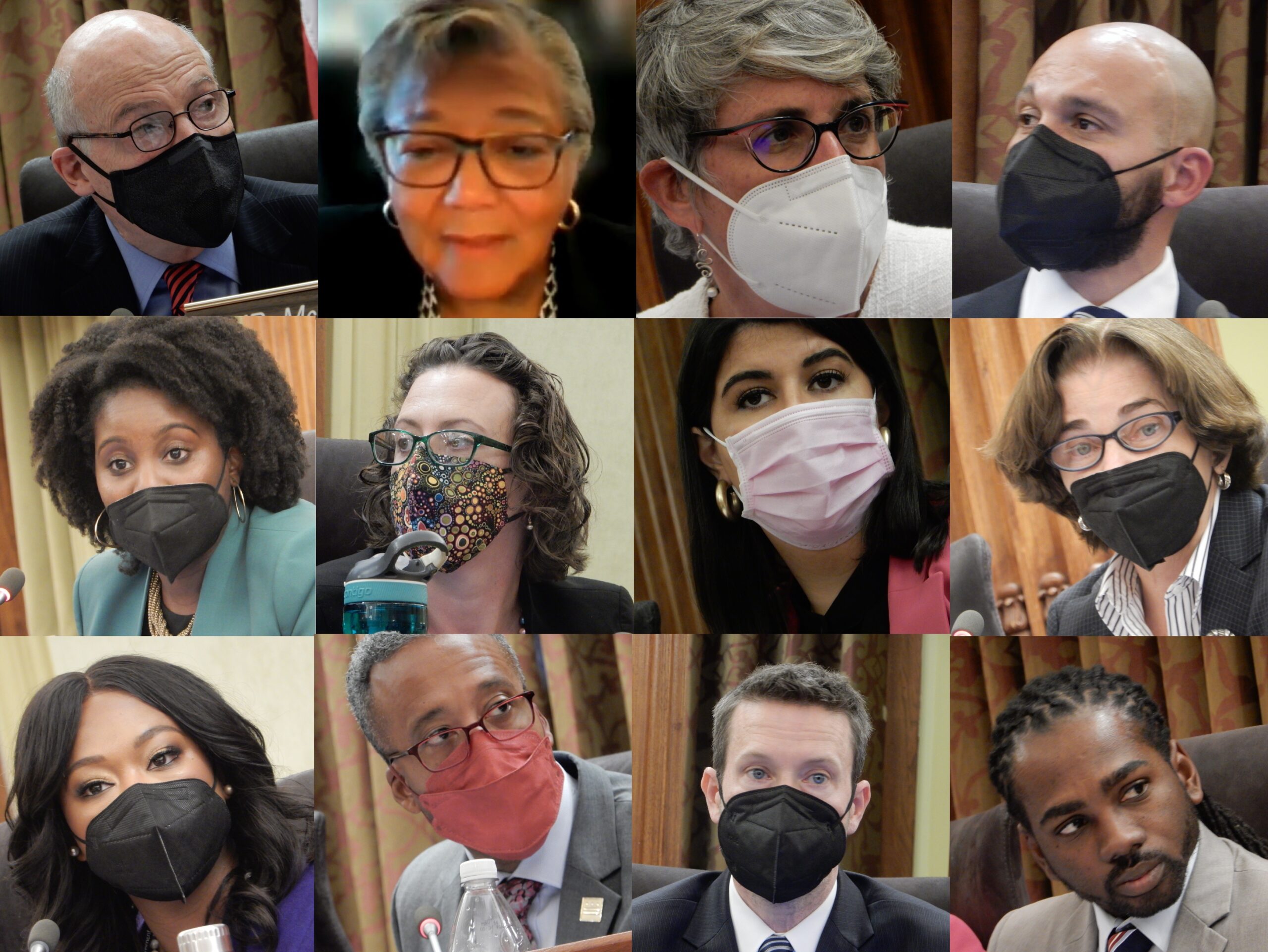Housing Authority Reforms, Medicaid Provider Contracts Approved by the Council

At its most recent Legislative Meeting, the Council took important legislative steps on two longstanding policy topics of concern. In one case, the action was seen to be the first of potentially others yet to come, while in the other case, a long period of legislative review seems to have finally come to its end.
In regards to the DC Housing Authority (DCHA), a recent deeply critical report from the US Department of Housing and Urban Development (HUD) focused the public’s attention on that independent agency’s longstanding record of poor performance. In recent years, the Council has worked to expand funding available to DCHA for repairs to existing units, but absent reforms to how the Authority itself operates, there is no guarantee that money will be spent in the most effective manner or that those making the decisions will be properly trained on substance of the matters at hand.
An emergency bill the Council passed at its most recent meeting takes the first steps towards ensuring DCHA will operate more effectively. The bill explicitly reiterates that DCHA is in fact covered by existing landlord/tenant consumer protection legislation, it provides increased transparency into the organization’s budget/operations, and it requires additional training for DCHA board members and the executive director. Each of these reforms target specific criticisms from the HUD report, and deadlines for each section will come quickly: the consumer protection element will be effective immediately, the newly-required training must be completed within 30 days of the bill’s effective date, and the initial round of required reports in the transparency section will be due by December 1, 2022.
Unlike the DCHA reforms, which are expected to continue with further legislative action in the future, the second major item tackled at the most recent Legislative Meeting would seem to be the final stop on a winding road that has led across multiple recent Council Periods. The Council approved, on an emergency basis, $8.8 billion in Medicaid contracts with three managed care organizations: Amerigroup, AmeriHealth, and MedStar. The Council attempted to walk a narrow path through its detailed review of the contracts, balancing its responsibility to review and approve all contracts over $1 million with a desire to allow the impartial procurement process to proceed without political interference. In the end, a majority of the Council voted to allow the contracts to proceed.
Receiving the second of two necessary votes at the most recent meeting were measures:
- to ban the use of race or other protected traits in the calculation of personal injury or wrongful death damages in civil court cases in the District
- to reform and expand services available to crime victims, including expanded compensation and use of the Hospital Violence Interruption Program
- to reassert and strengthen the District’s existing abortion rights protections
- to allow all DC residents (regardless of citizenship status) to vote in local (but not federal) elections
- to make permanent many elections reforms first initiated as a response to COVID (such as ballot drop boxes and the mailing ballots to all eligible voters).
The Council’s next (and fourth-to-last of the two-year Council Period) Legislative Meeting will be held on November 1.